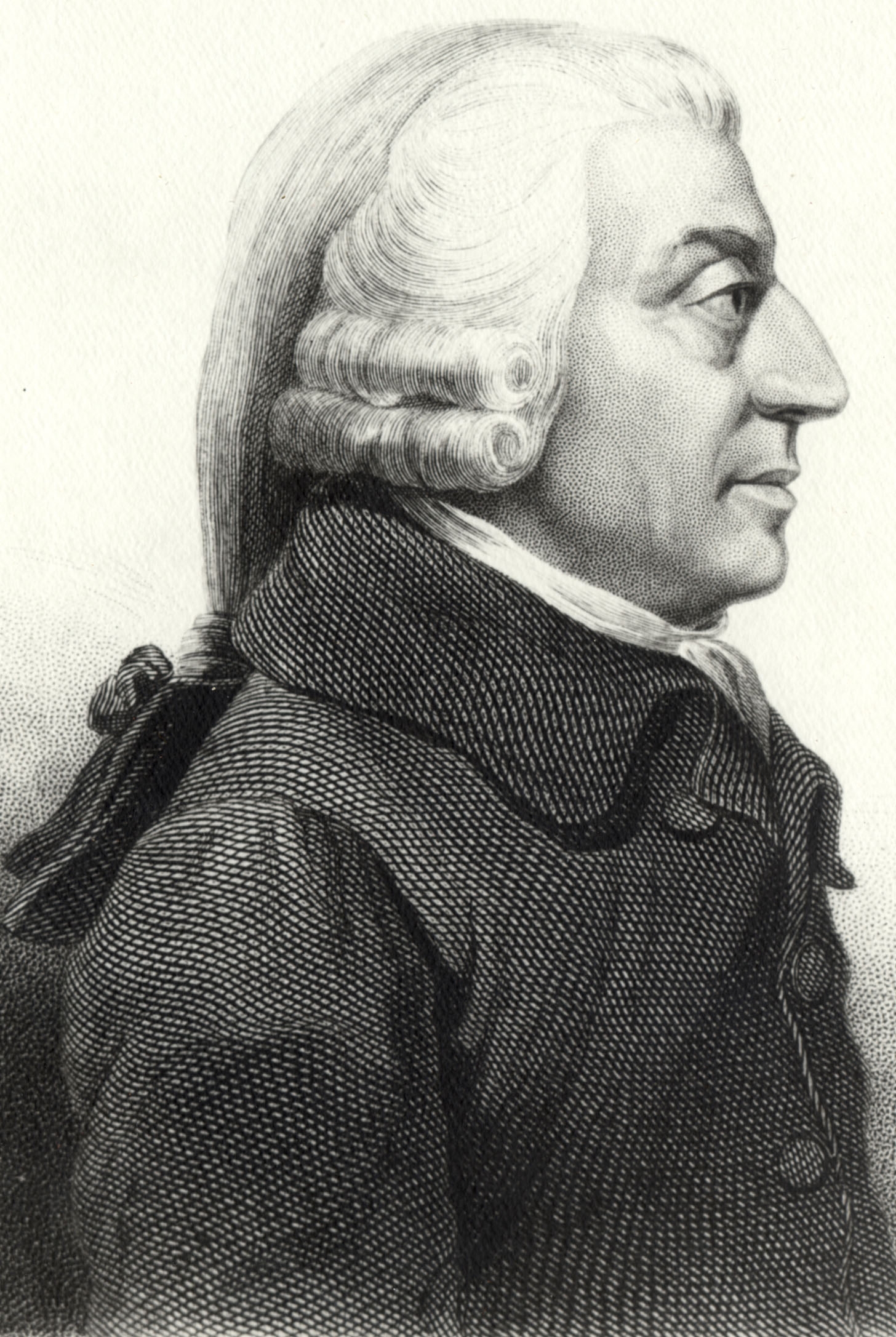Jordan J. Ballor
Jordan J. Ballor (Dr. theol., University of Zurich; Ph.D., Calvin Theological Seminary) is director of research at the Center for Religion, Culture & Democracy, an initiative of the First Liberty Institute. He has previously held research positions at the Acton Institute and Vrije Universiteit Amsterdam, and has authored multiple books, including a forthcoming introduction to the public theology of Abraham Kuyper. Working with Lexham Press, he served as a general editor for the 12 volume Abraham Kuyper Collected Works in Public Theology series, and his research can be found in publications including Journal of Markets & Morality, Journal of Religion, Scottish Journal of Theology, Reformation & Renaissance Review, Journal of the History of Economic Thought, Faith & Economics, and Calvin Theological Journal. He is also associate director of the Junius Institute for Digital Reformation Research at Calvin Theological Seminary and the Henry Institute for the Study of Christianity & Politics at Calvin University.
